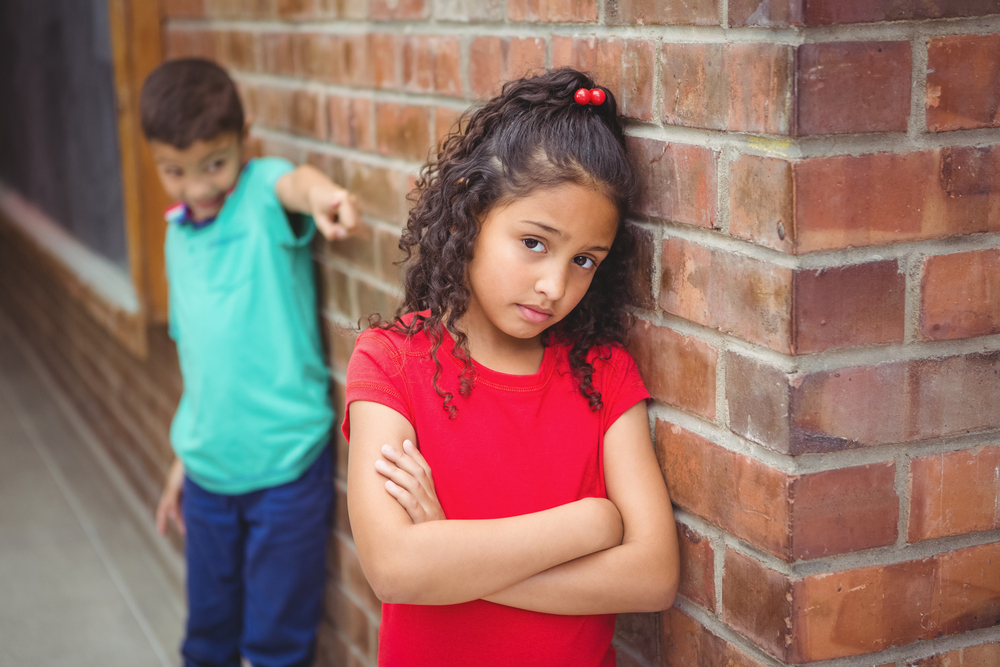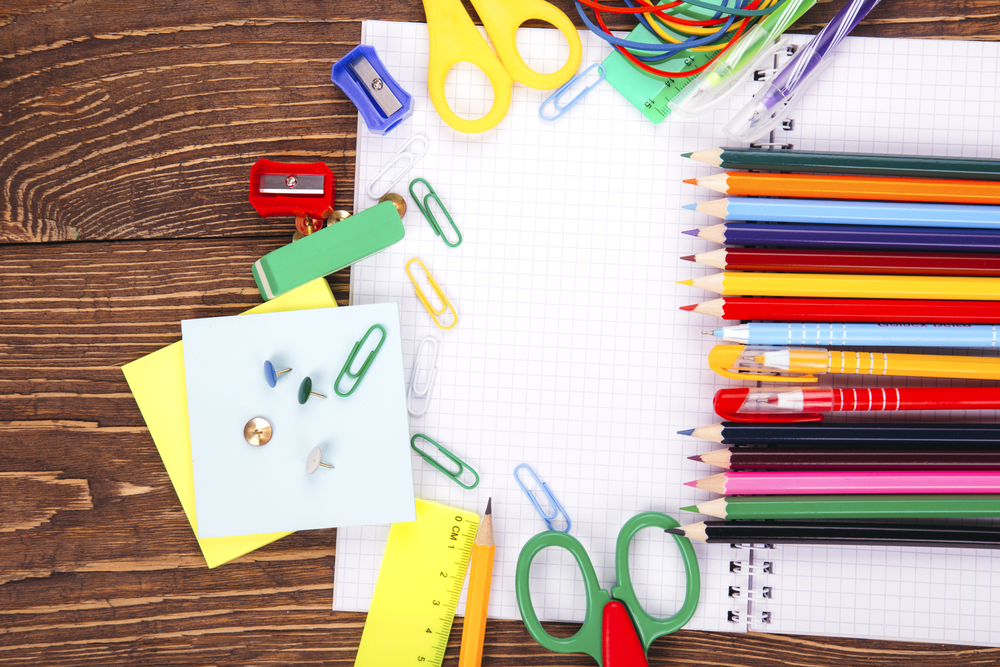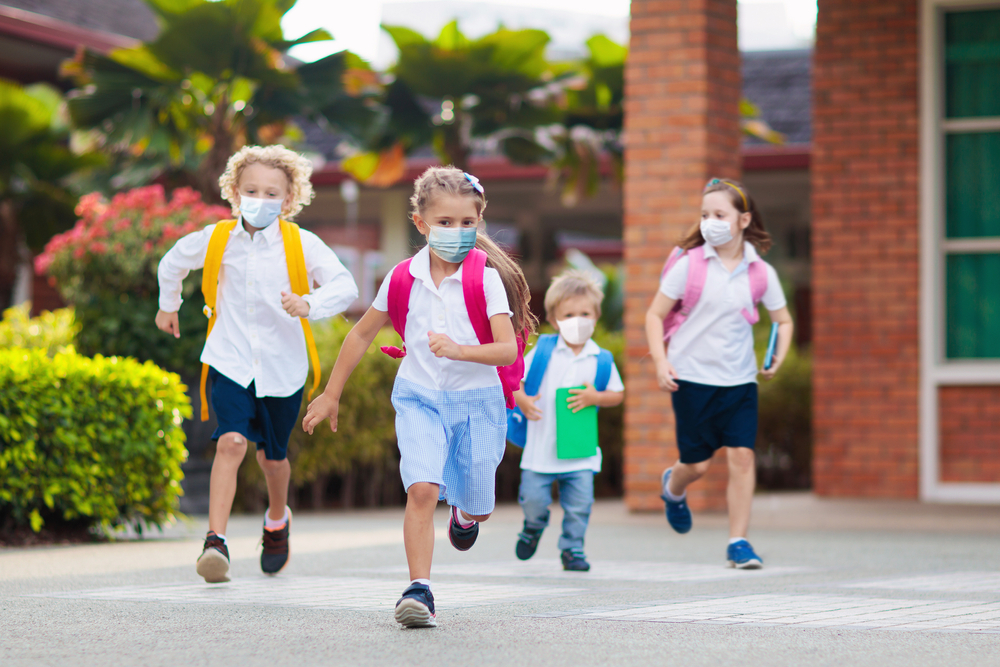Poems worksheets activities for Ages 6-8
10 filtered results
-
From - To
Discover a world of creativity with our engaging poems worksheets and activities designed for children ages 6-8! These fun and interactive resources help young learners explore the magic of poetry through reading, writing, and artistic expression. Our worksheets include a variety of activities, such as fill-in-the-blank poems, rhyming games, and illustrated prompts that inspire imagination. Designed to enhance literacy skills, these activities encourage children to read aloud, analyze poetic language, and even create their own poems. With vibrant visuals and age-appropriate content, our poems worksheets provide an exciting way for children to develop a love for poetry while honing their reading abilities!
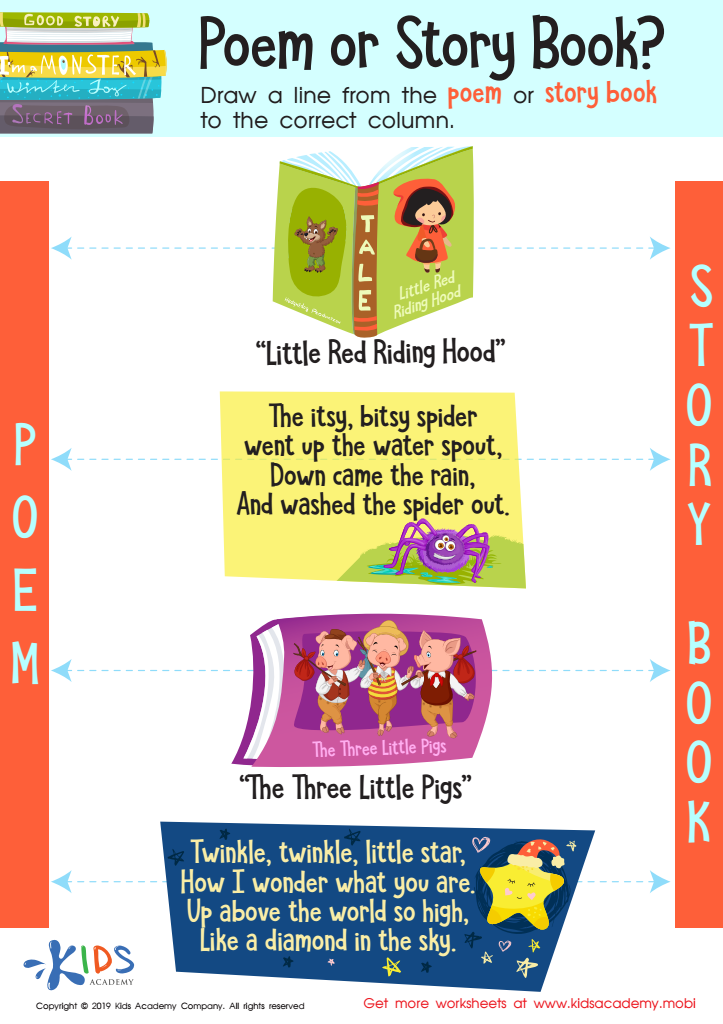

Poem or Story Book? Worksheet
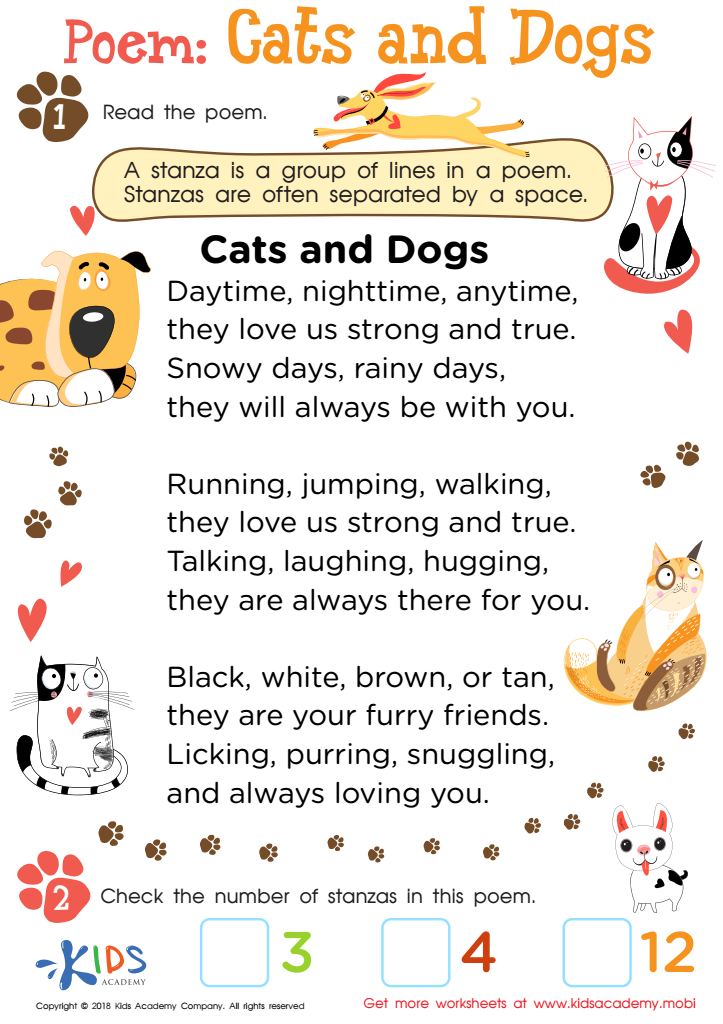

Poem: Cats and Dogs Worksheet
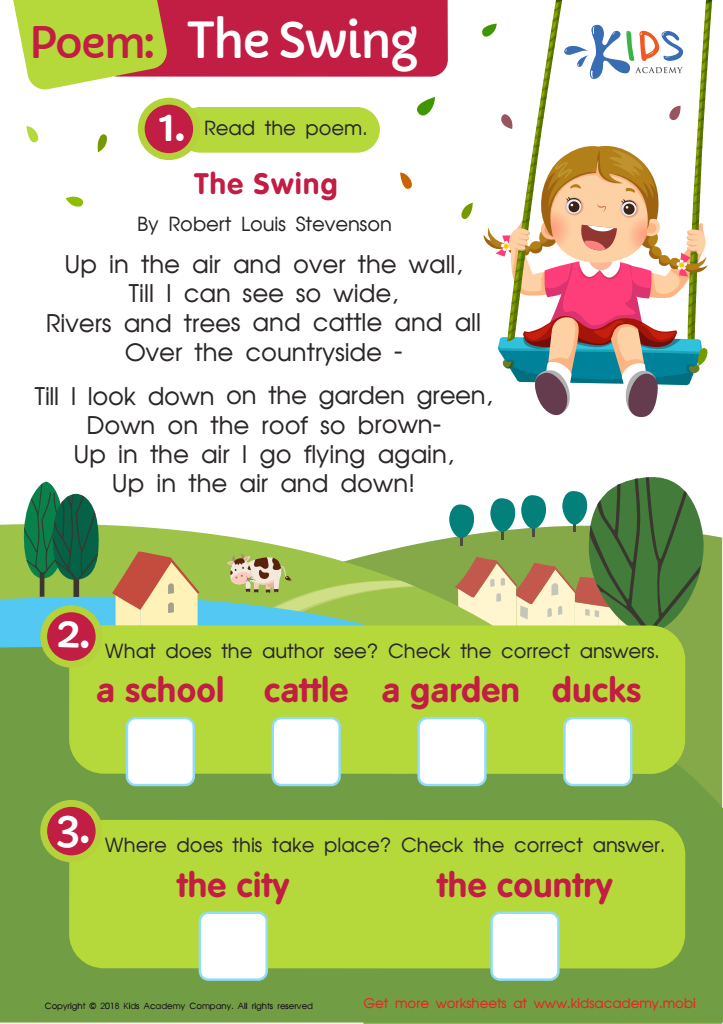

Poem: The Swing Worksheet
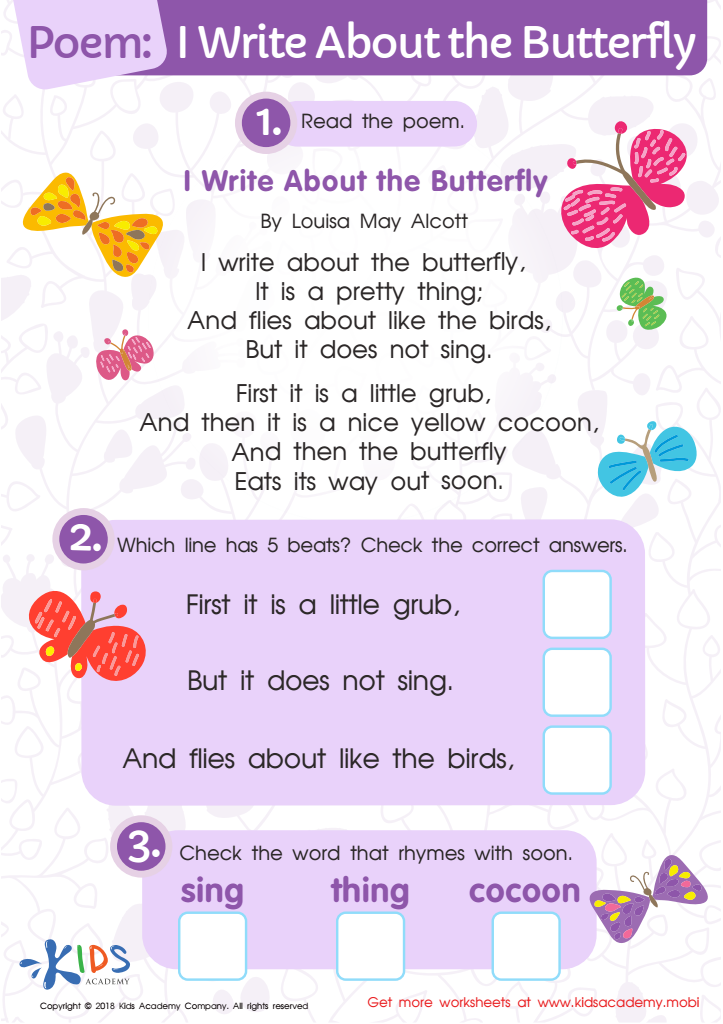

Poem: I Write About The Butterfly Worksheet


Rhymes in Poems Worksheet
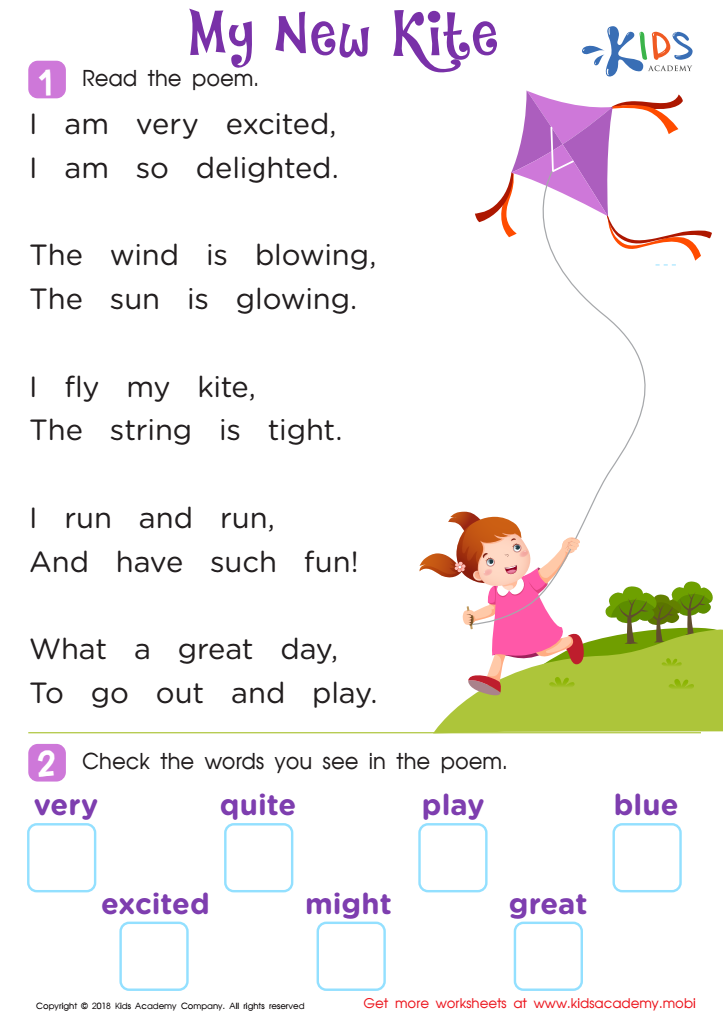

Poem: My New Kite Worksheet
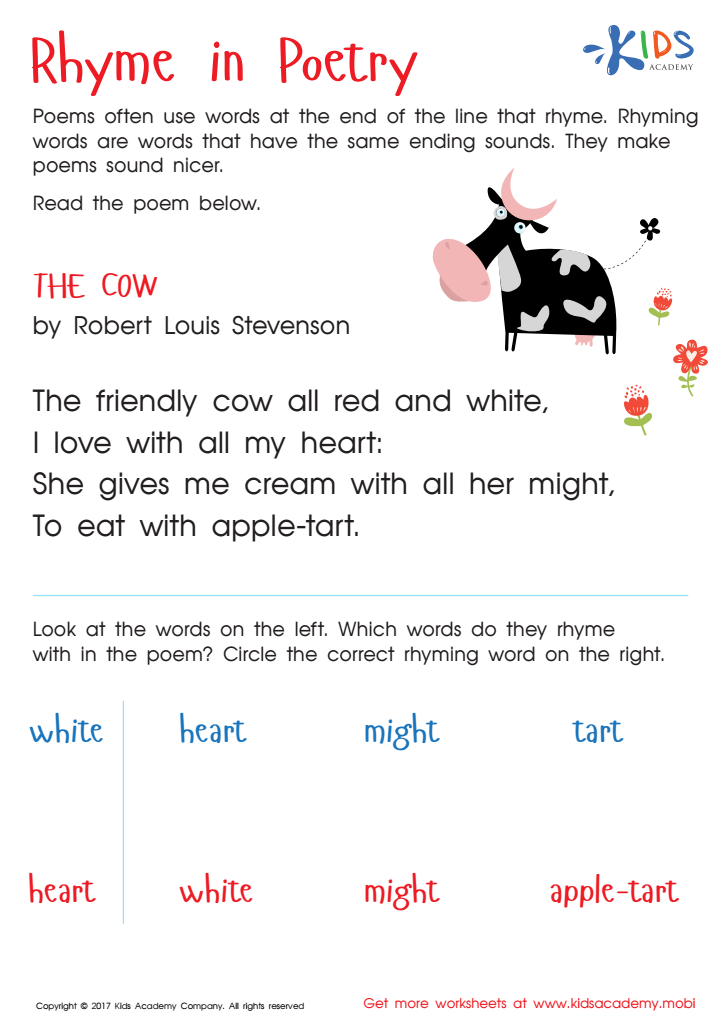

Rhyme In Poetry Worksheet


Baa Baa Black Sheep Printable
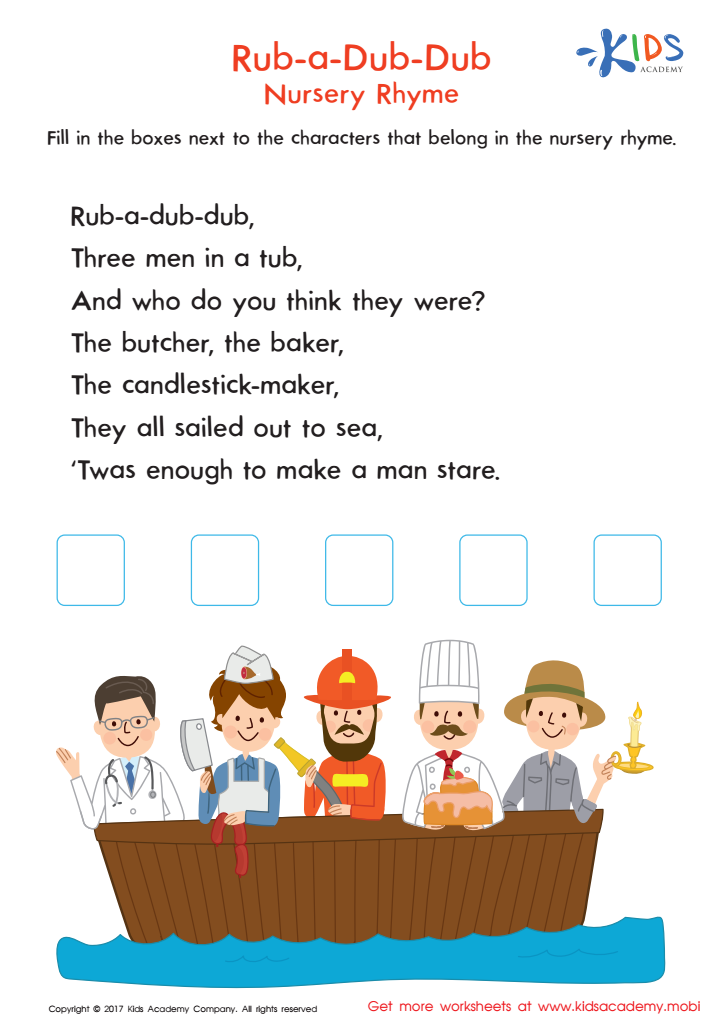

Rub a Dub Dub Printable
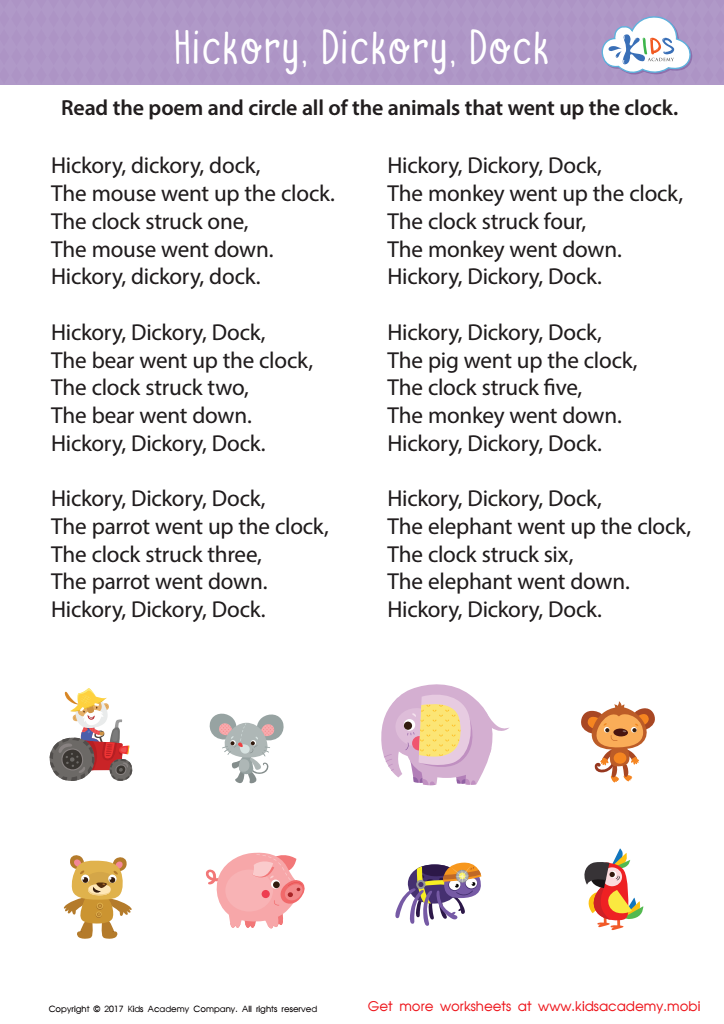

Hickory Dickory Dock Sequencing Worksheet
Parents and teachers should prioritize poetry activities for children aged 6-8 because these experiences significantly enhance literacy development while sparking creativity. At this age, children are developing fundamental reading and writing skills. Engaging with poetry helps them to decode language, understand rhythm and rhyme, and improve vocabulary, fostering a love for reading.
Poetry encourages self-expression and emotional intelligence, allowing children to articulate their feelings in a safe and imaginative context. It also assists in cognitive development, as children learn to interpret and appreciate different meanings, encouraging critical thinking. Moreover, poetry activities can build listening skills and foster community among peers when shared in a group setting.
Incorporating poetry into educational practices can be both fun and impactful. Activities such as writing simple rhymes or performing spoken word help boost confidence, promote collaboration, and instill a sense of accomplishment. The use of visuals and music further enhances engagement, making learning more enjoyable.
Parents and teachers who prioritize these creative outlets not only help children develop essential literacy and social skills but also cultivate a lifelong appreciation for language and the arts. This foundation is crucial for well-rounded educational growth and personal development.
 Assign to My Students
Assign to My Students




